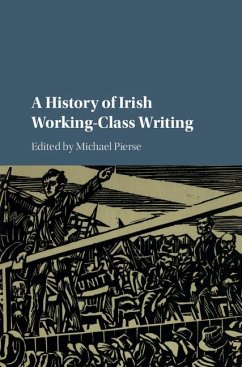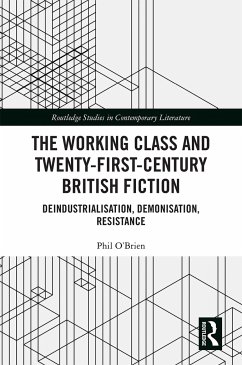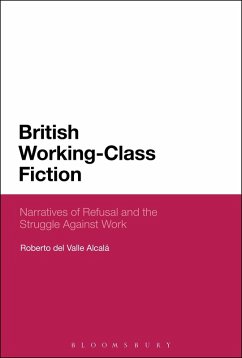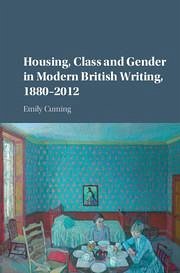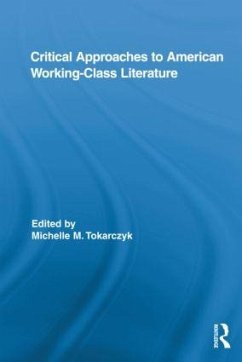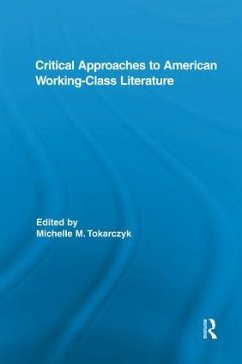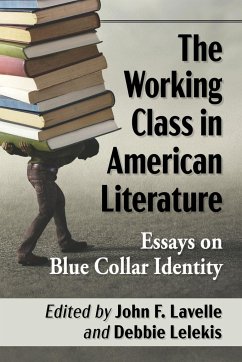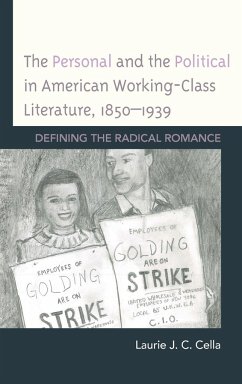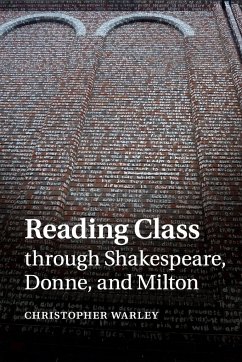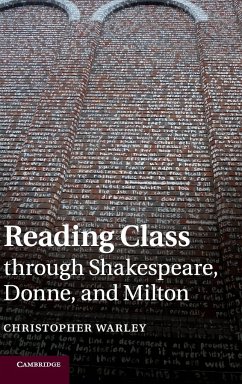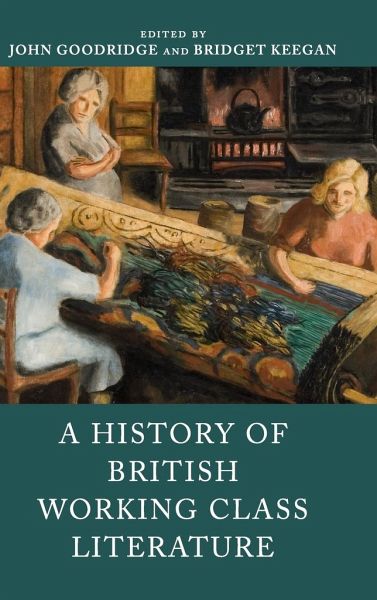
A History of British Working-Class Literature
Versandkostenfrei!
Versandfertig in 1-2 Wochen
115,99 €
inkl. MwSt.
Weitere Ausgaben:

PAYBACK Punkte
58 °P sammeln!
A History of British Working-Class Literature examines the rich contributions of working-class writers in Great Britain from 1700 to the present. Since the early eighteenth century the phenomenon of working-class writing has been recognised, but almost invariably co-opted in some ultimately distorting manner, whether as examples of 'natural genius'; a Victorian self-improvement ethic; or as an aspect of the heroic workers of nineteenth- and twentieth-century radical culture. The present work contrastingly applies a wide variety of interpretive approaches to this literature. Essays on more fami...
A History of British Working-Class Literature examines the rich contributions of working-class writers in Great Britain from 1700 to the present. Since the early eighteenth century the phenomenon of working-class writing has been recognised, but almost invariably co-opted in some ultimately distorting manner, whether as examples of 'natural genius'; a Victorian self-improvement ethic; or as an aspect of the heroic workers of nineteenth- and twentieth-century radical culture. The present work contrastingly applies a wide variety of interpretive approaches to this literature. Essays on more familiar topics, such as the 'agrarian idyll' of John Clare, are mixed with entirely new areas in the field like working-class women's 'life-narratives'. This authoritative and comprehensive History explores a wide range of genres such as travel writing, the verse-epistle, the elegy and novels, while covering aspects of Welsh, Scottish, Ulster/Irish culture and transatlantic perspectives.





